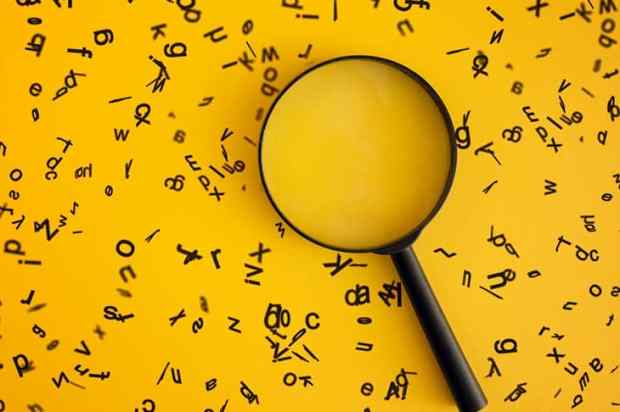When I say that it has given comfort to my husband, you can judge how foolish the Wellcome Institute was in using the word womxn and then apologising for it. It had wanted to be more inclusive with a workshop on ‘how womxn can challenge existing archives’. There, womxn serves as a plural, but it can be a singular too. Wellcome did not invent the word. The BBC quoted Dr Clara Bradbury-Rance, of King’s College London, saying that it ‘stems from a longstanding objection to the word woman as it comes from man’. Dr Bradbury-Rance is not a philologist, preferring the ‘intersectional study of sexuality and gender in film and popular culture’.
Some people assume that woman is derived from womb-man. This is not the case. It comes from wife-man, where wife means ‘woman’ and man means ‘human being’ (like homo in Latin, to which a modern theory relates man etymologically). The wife– element accounts for the strange pronunciation in the plural: ‘wimmin’. I observed not so long ago (June 2013) that some people say ‘-wom-en’ for the plural now, as a sort of spelling-pronunciation. It had been a tribute to the tenacity of spoken English that the oral form ‘wimmin’ and the written form women had existed in parallel for hundreds of years. The spelling wimmin (mocked by Private Eye) had avoided the hated element men, and was first spotted in the magazine Lesbian Tide in 1975. An alternative feminist form womyn emerged in the same year, in another magazine, Lesbian Connection.
The elements man, men are straw men of course. Unlike other Germanic languages, which adopted a separate new form to mean ‘human being’ (such as mensch in German), English continued with man in both senses. There had been sex-linked terms: wer (as in werewolf) and wif. A male equivalent of wif-man was wæp-man, in which the wæp– element, related to weapon, has, so the OED insists, the sense ‘membrum virile’.
As for womxn, it has been kicking about for a couple of years and now has few friends. I’m afraid we have lost man as a non-sexual denominator, but there seems no need to lose woman, women as the name for people like me.
Got something to add? Join the discussion and comment below.
Get 10 issues for just $10
Subscribe to The Spectator Australia today for the next 10 magazine issues, plus full online access, for just $10.
You might disagree with half of it, but you’ll enjoy reading all of it. Try your first month for free, then just $2 a week for the remainder of your first year.














Comments
Don't miss out
Join the conversation with other Spectator Australia readers. Subscribe to leave a comment.
SUBSCRIBEAlready a subscriber? Log in